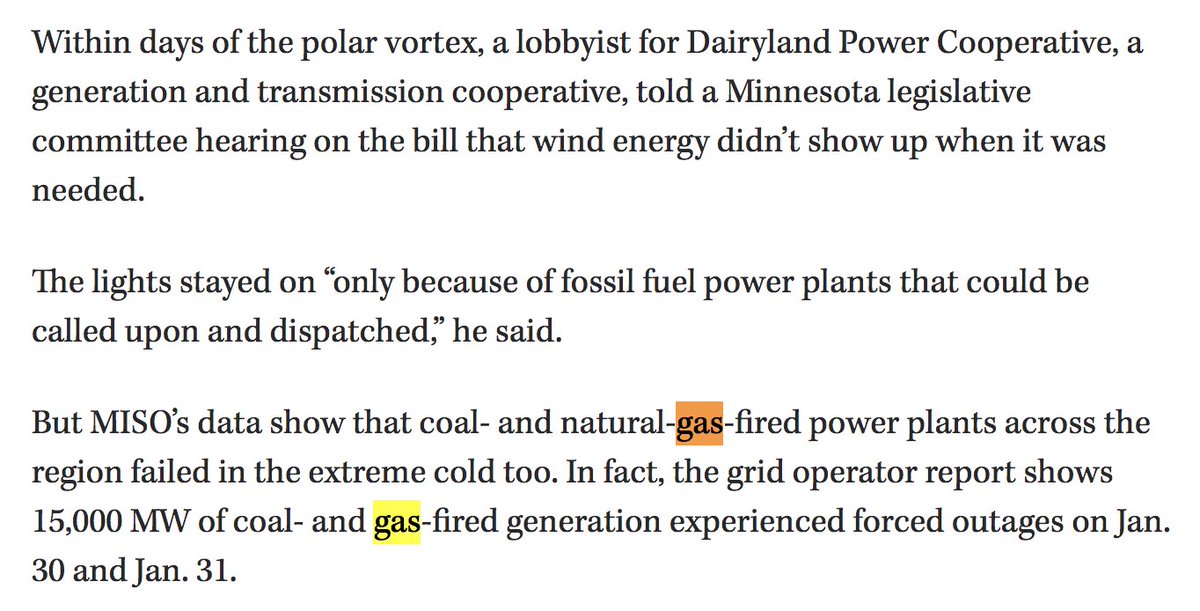
Friends, I assure you that your non-Texas chunk of the electric grid is also deeply flawed, aging, and bonkers in its own special way. ERCOT is a weird system, but it is absolutely not uniquely problematic.
We have very old infrastructure all over. We have ... not planned or optimized infrastructure all over. We have weird regulatory quirks and utilities that don’t trim trees all over. We have squirrels - America’s number one electric reliability threat - all over.
And as other reporters have pointed out to me, politicians in both parties have been talking a big game about the need for electric infrastructure upgrades since at least the Clinton administration.
Hell this isn’t even limited to the US. Japan’s grid is split into two halves that are on COMPLETELY DIFFERENT FREQUENCIES so after Fukushima half the country had power and half didn’t and 🤷♀️ there was nothing they could do.
Point is: Disasters will show you right quick where and how your particular infrastructure is kluged together with duck tape and dreams. And the fact that you don’t see that is because you aren’t experiencing a disaster right now ... not because your grid is better.
One thing I do want to clarify: I'm not saying that what is happening in Texas should not be political. It's inherently political. ERCOT exists for no reason other than socio-cultural politics.
The solutions for any of this -- whether the problems specific to Texas or the ones that extend to the whole grid -- are, yes, in politics.
Well, and big business, but you don't really have control over that lever.
Well, and big business, but you don't really have control over that lever.
Instead, what I'm saying -- well, what I'm saying is to go read @eitanhersh's book "Politics is For Power" -- but the point is the desperate need for better infrastructure in this country is a terrible choice if what you want to do is cheer for your political team on the Internet
Electric infrastructure is also a terrible choice of hobby horse if you want to prove your state is better than another state.
Or if you want to reassure yourself that you won't be in dire straits at some point because you made better choices.
It's not that kind of problem.
Or if you want to reassure yourself that you won't be in dire straits at some point because you made better choices.
It's not that kind of problem.
There is some absolutely fucked up politics at play in the background of this Texas disaster and ... and parts of it are unique to Texas politics ... and, Texans, listen to some energy experts and then go get 'em.
Just ...
Just ...
You know. If you aren't Texan, maybe take this as a moment to go listen to some energy experts and go after the politicians in your own state (even the ones you like), because I guarantee you they are dropping the ball. Not in this specific way. But in ways that matter to you.
• • •
Missing some Tweet in this thread? You can try to
force a refresh



